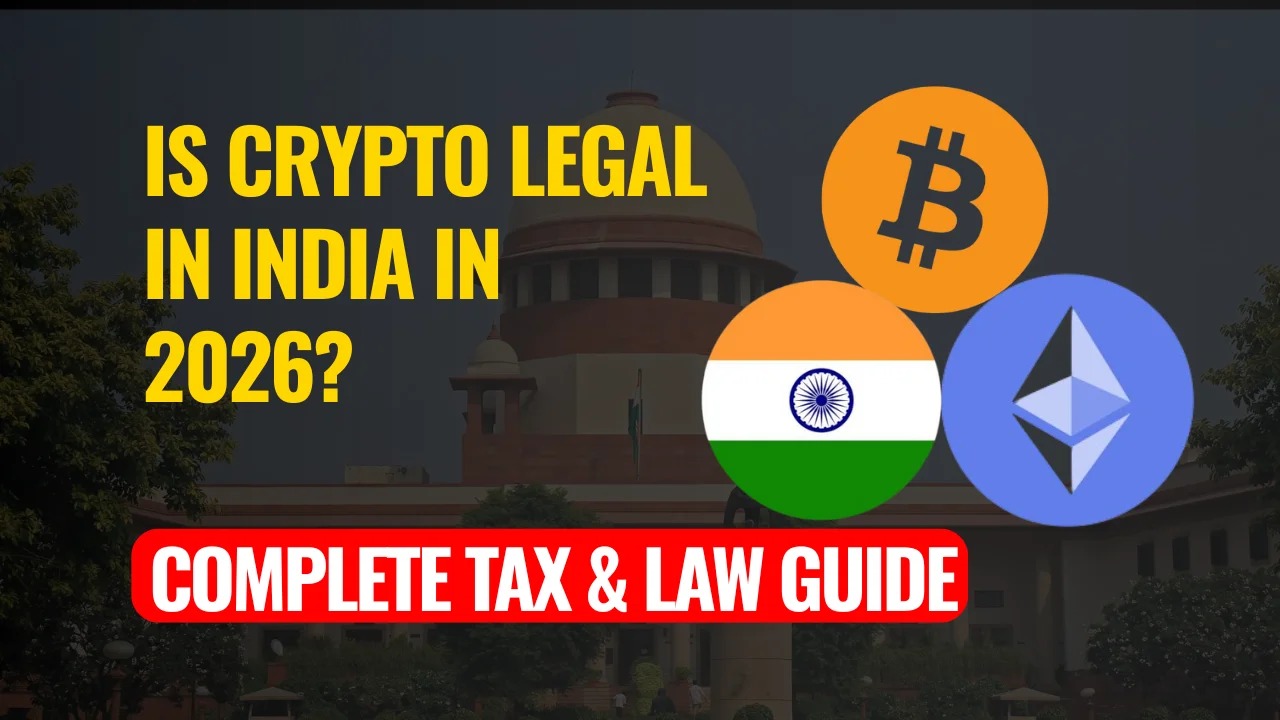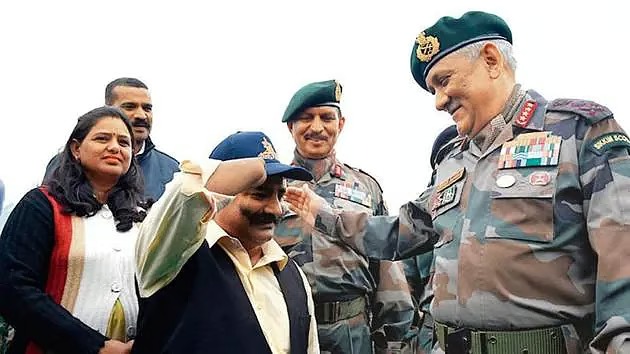D. Biswas, J.@mdashThis appeal is directed against the judgment and order dated 30.9.92 and 12.10.92 passed by the learned Special Judge. Assam at Guwahati in Special Case No. 41(A)/87 convicting the Appellant u/s 161 of the Indian Penal Code and Section 5(2) read with Section 5(1)(d) of Prevention of Corruption Act. On conviction as aforesaid, the Appellant was sentenced to undergo simple imprisonment for I year and to pay a fine of Rs. 5.000/-. in default, to undergo further imprisonment for 1 (one) month.
2. Being aggrieved with the aforesaid judgment, the Appellant has preferred this appeal challenging the legality and validity of the judgment on various counts incorporated in the Memo of Appeal.
3. I have heard Shri J.M. Choudhury, the learned senior Counsel for the Appellant and also heard Mr D. Das. the learned PP. Assam.
4. Shri Choudhury. the learned senior Counsel has challenged the judgment on the ground that the sanctioning authority did not apply his mind before he accorded the sanction for prosecution of the Appellant. In addition. Shri Choudhury argued that the evidence with regard to the demand of bribe by the Appellant is not corroborated by adequate evidence. His last leg of argument is with regard to the sentence. According to Shri Choudhury, the Appellant has already retired from service and he is now about 65 years. In the event the conviction is sustained, he would be loosing all pensionary benefits for the rest of his life and, therefore, it would serve no purpose to send him to jail at this belated stage.
5. At this stage, I would like to place on record the facts in brief which led to the prosecution of the Appellant. Guwahati-Rangia-Darang Bus Association filed an application for Permit to run two buses on a particular route. The Manager of the said Bus Association met the accused-Appellant in connection with the said application. The accused-Appellant informed him that the Permit was ready and only the signature of the Deputy Commissioner was to be obtained. He demanded a bribe of Rs. 2,000/- for the aforesaid work. Eventually, it was settled at Rs. 1.200/-. On the next day i.e. 26.11.87. the Manager of the Bus Association met the Deputy Commissioner and informed him about the demand made by the Appellant. As directed by the Deputy Commissioner, a trap was laid and. accordingly, on 26.11.87 five one hundred rupee notes (Material Ext. No. 1 to 5) duly signed by the Addl. Deputy Commissioner was offered to the Appellant. The Appellant accepted the same and, immediately thereafter, the police officer and the Magistrate approached the Appellant and directed him to produce the currency notes. These notes were handed over by the Appellant and seized by the police vide seizure list (Ext. 6). The accompany ing Magistrate lodged an ejahar (Ext. 10) and a case was accordingly registered and, eventually, chargesheet was submitted after obtaining sanction (Ext. 11).
6. First, I would like to deal with the grievance raised about the validity of the sanction. Ext. 11 is the sanction accorded in this case by the Commissioner of Transport u/s 197 of the Code of Criminal Procedure for prosecution of the Appellant Sri Rajani Kanta Deka who was at the relevant point of time working as Upper Division Assistant in the office of the District Transport Officer, Kamrup.
7. Ext. 11, the sanction order has been tendered in evidence by P.W. 5. A perusal of the sanction order clearly shows that P.W. 5 who was then Commissioner of Transport accorded sanction after perusal of the case history forwarded by the Addl. Superintendent of Police, Guwahati vide letter dated 23.4.88.
8. According to Shri Choudhury, the sanction order does not indicate clearly the documents the sanctioning authority considered before according sanction and, therefore, there was no sufficient materials before the sanctioning authority for consideration before sanction was accorded. Shri D. Das, the learned PP, however, pointed out that P.W. 7, the Investigating Officer, in his examination-in-chief stated that while applying for sanction through the Superintendent of Police, Guwahati, copy of the FIR, seizure list and Memo of evidence were forwarded. These are vital documents on which the prosecution case has been built and, therefore, it cannot be said that there was no sufficient material before the sanctioning authority for consideration before he accorded sanction. Shri Choudhury, however, contended that the forwarding letter has not been tendered in evidence and, as such, it cannot be definitely concluded that these materials were placed before the sanctioning authority through the Superintendent of Police, Guwahati.
9. Ext. 11, the sanction order read with the evidence of P.W. 5, the sanctioning authority, clearly indicate that the case materials were placed before the sanctioning authority. This would be more clear from the statement of sanctioning authority, P.W. 5, that he had received the Case Diary and other connected papers and had personally gone through the case records and, thereafter being satisfied, accorded sanction. The contents of sanction order (Ext. 11) read with the evidence of P.W. 5 (sanctioning authority) and P.W. 7, the Investigating Officer, indicate that the documents as mentioned by Investigating Officer in his evidence were in fact placed before the sanctioning authority. Therefore, the sanction accorded cannot be rejected as not being in conformity with the provisions of law. On the given facts of the case, the Appellant cannot be given any mileage relying upon the decision of the Supreme Court reported in
10. I have also given due consideration to the decisions reported in 1999 Cr I.L.J. (BHC) 1270 , Yashwant Nanubhai Pingle v. State of Maharashtra and Ors. referred to by Shri Choudhury. Also considered the decision reported in Central Bureau of Investigation v.
11. In the instant case, the charge against the accused was framed on 18.1.90 and the judgment, on conclusion of trial, was pronounced on 30.9.92. During this long period the Appellant could have challenged the charge on the ground that the sanction accorded was not valid. That not having been done, the charge cannot be assailed at this belated stage. That apart, the decision in CBI v. V.K. Sehgal (supra) clearly lays down that a Court of appeal or revision is debarred from reversing a finding of conviction and sentence on account of any error or irregularity in the sanction for prosecution, unless failure of justice had been occasioned on account of such error or irregularity. In my considered opinion, the Appellant could not show as to how he has been prejudiced in the trial for the above reasons. Therefore, the Appellant is not entitled to any benefit on the ground that the sanctioning authority did not have before him all the relevant documents for application of his mind before he had accorded sanction.
12. In this case, the prosecution has examined as many as 7 P.Ws. including the sanctioning authority and the Investigating Officer. The other witnesses clearly evinced that the 100 rupee notes duly signed by the Addl. Deputy Commissioner were recovered from the possession of the Appellant. It appears that the Appellant, at the first instance, stated that the money was returned to him by a person as repayment of loan he had taken. But, in later course of the trial, the defence took the plea that the money was given to him for the purpose of purchase of building materials. However, the evidence of P.W. 1 to 4 and 6 are clinching enough to show beyond any shadow of doubt that it was P.W. 2 who had given the money to the Appellant as bribe. Absence of specific evidence with regard to demand in the given situation will be irrelevant for the purpose of determination of the culpability of the Appellant. The fact remains that the Appellant had received the amount from P.W. 2 as bribe.
13. As discussed above, it would appear that the prosecution case against the Appellant has been proved beyond reasonable doubt. There is no infirmity in the sanction order resulting into prejudice to the Appellant or miscarriage of justice. The judgment of conviction assailed in this petition does not merit reversal by this Court.
14. The Appellant has been sentenced to simple imprisonment for a term of one year and to pay a fine of Rs. 5,000/-, in default, to simple imprisonment for one month. Shri Choudhury, the learned senior Counsel argued that the proviso of Section 5 of Prevention of Corrutpion Act, 1947 which is applicable in the instant case allows this Court to impose a sentence of imprisonment less than the minimum prescribed for special reasons. His argument is that the Appellant has already retired from service and in the event the conviction is sustained, he would loose all his pensionary benefits. That apart, Sri Choudhury also pointed out that no purpose would be served by sending the Appellant to jail at this belated stage. I have given due consideration to the submission advanced by Shri Choudhury. It is true that there is already a delay of 13 years in this case, but the offence committed by the Appellant during the course of his employment under the State deserve no mercy. Normally, the Court is not supposed to impose any sentence below the minimum prescribed. However, considering that the Appellant is now around 65 years and has retired from service and that he will loose all his pensionary benefits, the sentence of simple imprisonment from one year is reduced to 15 days. The sentence with regard to fine remains undisturbed. The Appellant is to pay the fine of Rs. 5,000/-, in default, to further simple imprisonment for 7 days.
15. The Appellant is directed to surrender before the Court below to serve the sentence.
16. Petition, accordingly, stands disposed of.

